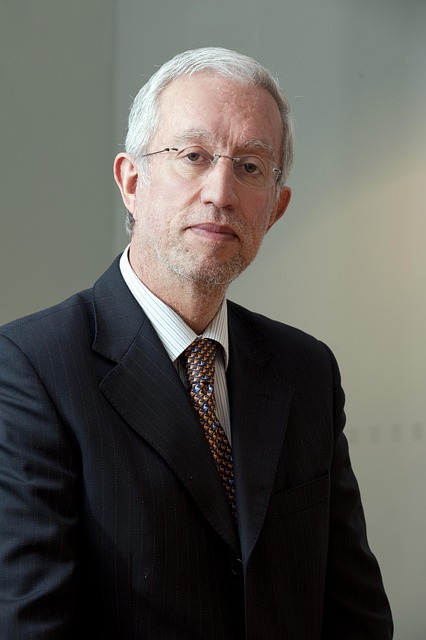Massage therapy in diverse cities like Indianapolis, IN, faces cultural challenges regarding consent, particularly with language barriers and varying traditional practices. Western laws mandate informed consent for intimate body contact, but Asian cultures may rely on non-verbal cues or verbal assent. Massage abuse lawyers and attorneys in Indianapolis play a crucial role in advocating for client rights, addressing massage abuse, and ensuring ethical practice by sensitively navigating cultural norms to foster therapeutic relationships and protect clients' rights.
In the global landscape of wellness practices, cultural variations in massage therapy consent present unique challenges and insights. This article explores how different cultures navigate consent within massage settings, using case studies from diverse nations. With a focus on Indianapolis, we delve into the legal aspects of massage abuse, highlighting the crucial roles of specialized lawyers and the need for robust consent practices. By examining global perspectives, understanding local laws, and adopting practical strategies, massage businesses can foster safer environments, preventing sexual assault and empowering clients through informed consent.
Global Perspectives on Massage Therapy Consent
Massage therapy, a holistic practice celebrated worldwide for its healing benefits, is also subject to varying cultural perspectives on consent. In some cultures, massage sessions are traditionally non-verbal, with trust and understanding implicitly conveyed between practitioner and client. However, this can pose challenges when it comes to explicit consent, especially in cases where language barriers or cultural misunderstandings exist. This global diversity highlights the critical need for open communication and clear consent procedures in massage therapy practices, particularly in diverse cities like Indianapolis, IN.
Given the increasing awareness of massage abuse and sexual assault within the industry, understanding these cultural nuances becomes paramount. In many Western countries, including the United States, there’s a growing emphasis on obtaining verbal consent before any form of massage treatment. This is reflected in legal frameworks, with states like Indiana (Indianapolis, IN) implementing laws that require informed consent from clients, especially for intimate body contact. Massage abuse lawyers, attorneys, and law firms in Indianapolis, IN play a significant role in advocating for these rights, ensuring that both practitioners and clients are protected and that massage therapy is practiced ethically and safely.
– Exploring cultural variations in consent practices within massage therapy settings
In the realm of massage therapy, consent is a fundamental aspect that varies across cultures. Exploring these variations is crucial for understanding and addressing potential issues like massage abuse or sexual assault within diverse communities in Indianapolis, IN. What may be considered adequate consent in one culture could differ significantly from another’s norms and expectations. For instance, some Asian cultures emphasize verbal assent while others rely heavily on non-verbal cues, such as body language or the absence of physical resistance. In contrast, Western societies often focus on explicit, written consent.
Understanding these cultural differences is essential for massage therapists and legal professionals alike, especially in a city like Indianapolis, IN with a diverse population. Massage abuse lawyers, attorneys, and law firms in Indianapolis, IN need to be aware of these variations to ensure fair practices and protect clients’ rights. Navigating consent in a multicultural setting requires sensitivity and adaptability, as it directly impacts the therapeutic relationship and can even serve as a testament to the prevention of massage-related sexual assault.
– Case studies from different countries highlighting diverse approaches and implications
In exploring how different cultures approach massage therapy and consent, several intriguing case studies emerge. For instance, in Japan, where shiatsu and other traditional forms of massage are deeply ingrained, explicit consent is often implied through non-verbal cues and mutual understanding, reflecting a culture that values subtlety and respect for personal space. In contrast, Western countries like the United States have historically placed a stronger emphasis on verbal consent, driven by movements advocating for sexual assault awareness and women’s rights. This shift has led to a more explicit system where clients are actively involved in giving permission, which can be seen as both a strength and a challenge in ensuring informed consent during intimate treatments.
Additionally, some cultures have unique practices that imply consent through community norms rather than individual verbal or non-verbal cues. For example, in parts of Africa, communal massage sessions are common, where consent is understood within the context of trust and respect within the community, rather than a direct interaction between masseuse and client. Understanding these diverse approaches offers valuable lessons for Indianapolis, where addressing massage abuse and ensuring informed consent is paramount. Engaging with cultural sensitivity can help local massage therapy practitioners and lawyers, such as those at reputable firms like [massage abuse lawyer Indianapolis, IN], navigate complex ethical issues, fostering a safer environment for clients and promoting respect across cultural boundaries.





